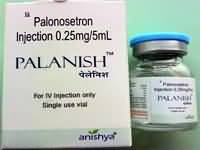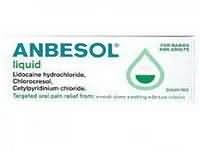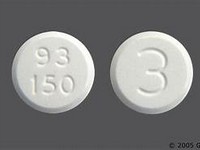rasburicase

CLINICAL USE
Prophylaxis and treatment of acute hyperuricaemia with initial chemotherapy for haematological malignancyDOSE IN NORMAL RENAL FUNCTION
200 mcg/kg once daily for up to 7 daysPHARMACOKINETICS
DOSE IN RENAL IMPAIRMENT
GFR (mL/MIN)
DOSE IN PATIENTS UNDERGOING RENAL REPLACEMENT THERAPIES
IMPORTANT DRUG INTERACTIONS
Potentially hazardous interactions with other drugsADMINISTRATION
Reconstition
With solvent providedRoute
IVRate of Administration
Over 30 minutesComments
Add appropriate volume to 50 mL sodium chloride 0.9%OTHER INFORMATION
Renal elimination of rasburicase is considered to be a minor pathway for rasburicase clearanceRasburicase is a protein; it is expected that metabolic degradation will follow the pathways of other proteins, i.e. peptide hydrolysisAfter infusion of rasburicase at a dose of 0.20 mg/kg/day, steady state is achieved at day 2–3.
See how to identify renal failure stages according to GFR calculation
See how to diagnose irreversible renal disease
Home








